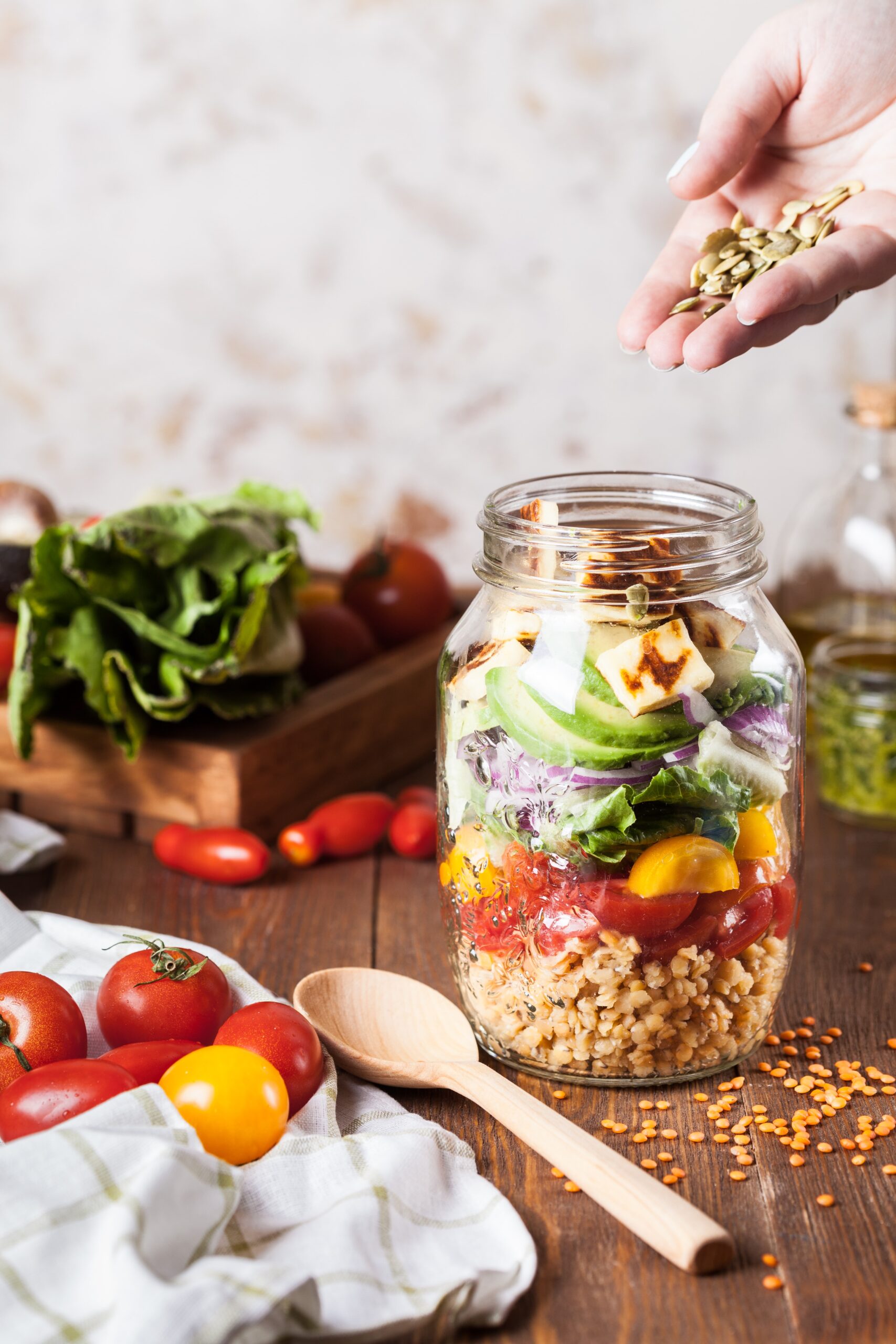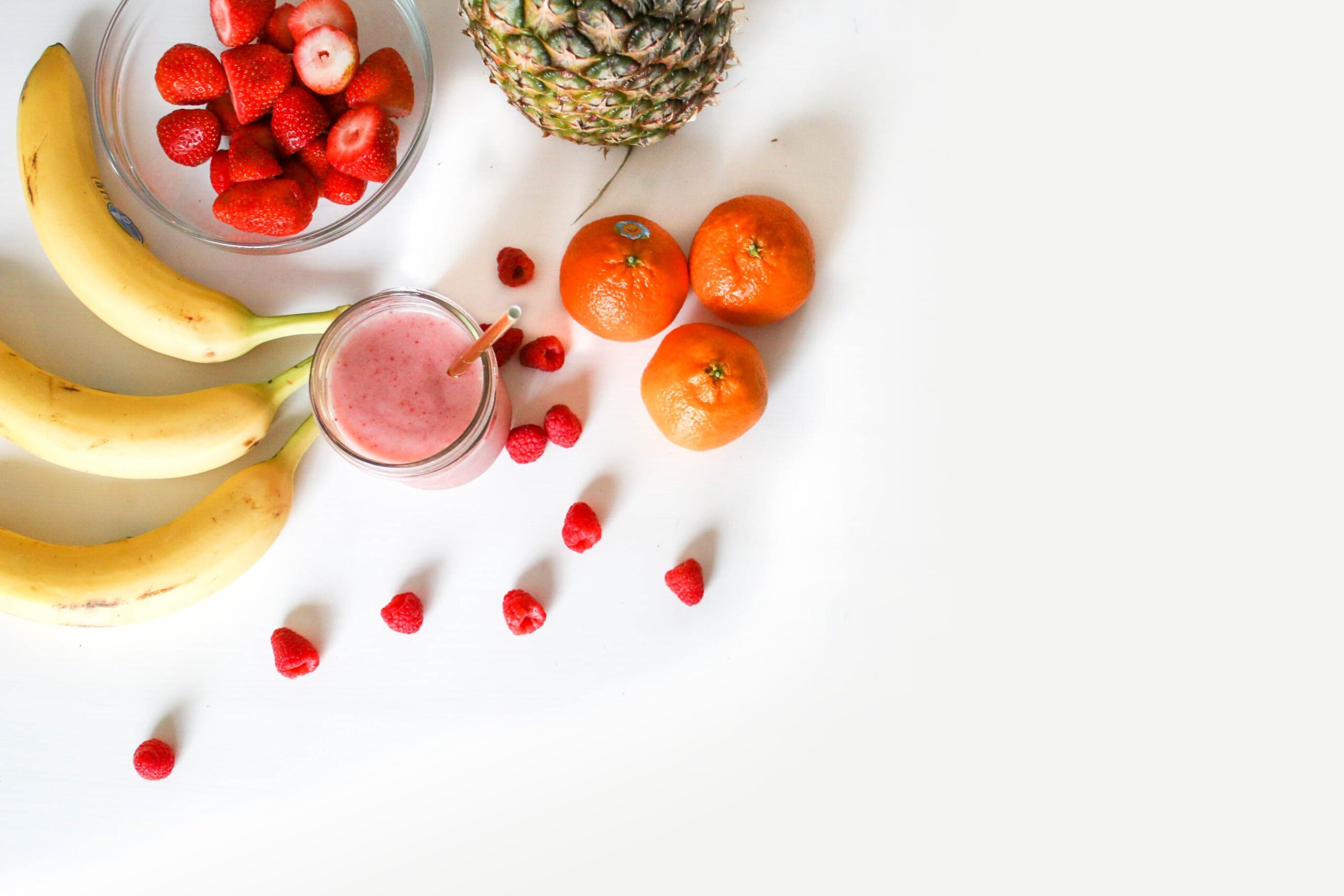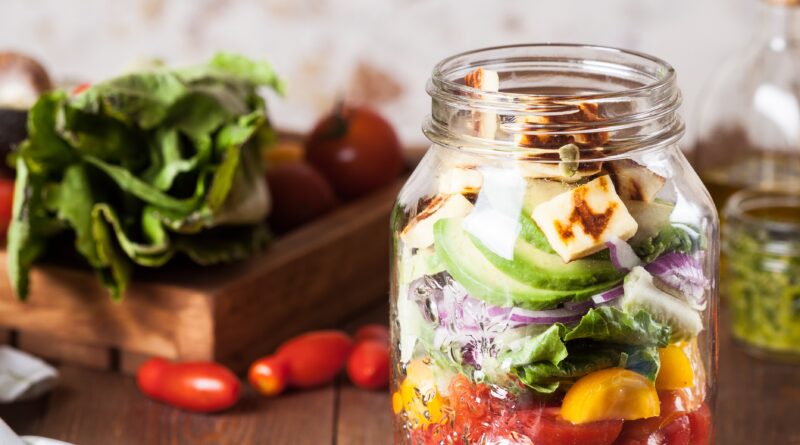Toddler Nutrition Essentials: Building A Balanced Diet For Growing Bodies
Are you a parent or caregiver of a toddler? If so, you know how important it is to provide your little one with the right nutrition for their growing bodies. In this article, we will explore the essential components of a balanced diet for toddlers. From the importance of incorporating fruits and vegetables to the significance of including lean proteins and whole grains, we will guide you through the building blocks of a healthy eating plan for your child. Discover the key nutrients your toddler needs and learn practical tips for creating meals that are both nutritious and delicious.

1. Introduction to Toddler Nutrition
1.1 Importance of a Balanced Diet for Toddlers
Toddler nutrition is crucial for the healthy development of young bodies. During the toddler years, children experience rapid growth and development, which requires a well-balanced diet to provide them with the necessary nutrients. A balanced diet promotes optimal physical and cognitive development, supports a strong immune system, and helps prevent chronic diseases later in life. By providing your toddler with nutrient-rich foods, you are setting them up for a lifetime of good health.
1.2 Nutritional Needs of Growing Bodies
The nutritional needs of growing bodies differ from those of adults. Toddlers require a diet that is rich in essential nutrients to support their rapid growth and development. These nutrients include macronutrients such as carbohydrates, proteins, and fats, as well as micronutrients like vitamins and minerals. It is important to provide a variety of foods from all food groups to ensure that your toddler gets the nutrients they need for optimal growth and development.
2. Macronutrients for Toddlers
2.1 Carbohydrates
Carbohydrates are an important source of energy for growing toddlers. They provide the fuel necessary for physical activity, brain function, and overall growth and development. Good sources of carbohydrates for toddlers include whole grains, fruits, and vegetables. Whole grains like brown rice, whole wheat bread, and oatmeal provide complex carbohydrates, which release energy slowly and keep your child full for longer periods. Fruits and vegetables not only provide carbohydrates but also offer essential vitamins and minerals.
2.2 Proteins
Proteins play a vital role in the growth, repair, and maintenance of body tissues. They are made up of amino acids, which are the building blocks of cells in the body. Good sources of protein for toddlers include lean meats, poultry, fish, eggs, legumes, and dairy products. It is important to offer a variety of protein sources to ensure that your toddler gets all the essential amino acids they need for optimal growth and development.
2.3 Fats
While it may be tempting to avoid fats, especially for toddlers, it is important to note that fats are an essential part of a balanced diet. Fats provide energy, support brain development, and help absorb fat-soluble vitamins. Healthy fat sources for toddlers include avocados, nuts and seeds, nut butter, olive oil, and fatty fish. It is important to include a variety of healthy fats in your toddler’s diet while avoiding saturated and trans fats found in processed foods.
3. Micronutrients for Toddlers
3.1 Vitamins
Vitamins play a crucial role in the overall health and development of toddlers. They are essential for normal growth, immune function, and the maintenance of healthy bones, teeth, and skin. Some important vitamins for toddlers include vitamin A, vitamin C, vitamin D, and vitamin E. Vitamin A can be found in fruits and vegetables, while vitamin C is abundant in citrus fruits, berries, and leafy greens. Vitamin D can be obtained from sunlight and fortified foods, and vitamin E is found in nuts, seeds, and vegetable oils.
3.2 Minerals
Minerals are essential for various bodily functions and are particularly important for the development of strong bones and teeth. Some important minerals for toddlers include calcium, iron, and zinc. Calcium, which is vital for bone health, can be found in dairy products, fortified plant-based milk, and leafy greens. Iron, necessary for the formation of red blood cells, can be found in lean meats, poultry, beans, and fortified cereals. Zinc is crucial for normal growth and can be found in meats, legumes, and whole grains.
4. Food Groups for Toddler Nutrition
4.1 Fruits and Vegetables
Fruits and vegetables are essential components of a toddler’s diet. They are packed with vitamins, minerals, fiber, and antioxidants that support growth and overall health. Aim to include a variety of colorful fruits and vegetables in your toddler’s daily meals. This will provide them with a wide range of essential nutrients. Offer fruits and vegetables in their whole form, as well as in purees, smoothies, and small, age-appropriate pieces.
4.2 Grains and Cereals
Grains and cereals provide carbohydrates, fiber, and various vitamins and minerals to support your toddler’s growth and development. Whole grains, such as brown rice, whole wheat bread, and quinoa, are preferable to refined grains, as they offer more nutrients and fiber. Include a mix of grains and cereals in your toddler’s diet, such as oatmeal, whole grain pasta, and whole grain crackers.
4.3 Dairy Products
Dairy products are an important source of calcium, protein, and other essential nutrients for growing toddlers. Include age-appropriate servings of milk, yogurt, and cheese in your toddler’s daily diet. If your child is lactose intolerant or has a dairy allergy, there are many non-dairy alternatives available, such as fortified plant-based milk and yogurt.
4.4 Protein Sources
Protein is an essential macronutrient for toddlers, as it supports growth, repair, and maintenance of body tissues. Good sources of protein for toddlers include lean meats, poultry, fish, eggs, legumes, and dairy products. Offer a variety of protein sources to ensure your toddler gets all the essential amino acids they need.

5. Portion Sizes for Toddlers
5.1 Understanding Serving Sizes
Understanding appropriate serving sizes for toddlers is crucial to ensure they receive the right amount of nutrients. Serving sizes for toddlers are smaller than those for adults. A general rule of thumb is to offer one tablespoon of each food per year of age. However, always pay attention to your child’s hunger and fullness cues, as individual needs may vary. It is better to offer small portions and allow your child to ask for more if they are still hungry.
5.2 Recommended Daily Intake
The recommended daily intake for toddlers depends on their age and activity level. Generally, toddlers aged 1-3 years require around 1,000-1,400 calories per day. They should aim to consume about 50% of their calories from carbohydrates, 25% from fats, and 25% from proteins. It is important to consult a healthcare professional to determine the specific calorie and nutrient needs of your toddler based on their individual circumstances.
6. Meal and Snack Ideas for Toddlers
6.1 Balanced Breakfast Options
Breakfast is an important meal for toddlers, as it kickstarts their day and provides the energy they need for physical and mental activities. Some balanced breakfast options for toddlers include whole grain cereal with milk and sliced berries, scrambled eggs with vegetables and whole grain toast, or a smoothie made with yogurt, fruits, and a handful of spinach. Aim to include a mix of carbohydrates, proteins, and healthy fats in your toddler’s breakfast.
6.2 Healthy Lunch and Dinner Ideas
Lunch and dinner are key opportunities to provide your toddler with a wide range of nutrients. Some healthy lunch and dinner ideas for toddlers include whole grain pasta with tomato sauce and lean ground meat, grilled chicken with steamed vegetables and brown rice, or a veggie quesadilla with avocado. Include a mix of protein, carbohydrates, and vegetables in your toddler’s main meals to ensure a well-balanced diet.
6.3 Nutritious Snacks
Snacks can be a great way to provide additional nutrients to your toddler’s diet and keep them satisfied between meals. Some nutritious snack ideas for toddlers include sliced fruits with nut butter, yogurt with granola, cheese and whole grain crackers, or sliced vegetables with hummus. Opt for nutrient-dense snacks that provide a mix of carbohydrates, proteins, and healthy fats.

7. Hydration for Toddlers
7.1 Importance of Proper Hydration
Proper hydration is crucial for the overall health and well-being of toddlers. Water is essential for maintaining bodily functions, regulating body temperature, and supporting digestion. Dehydration in toddlers can lead to fatigue, irritability, constipation, and an increased risk of urinary tract infections. It is important to encourage your toddler to drink water throughout the day to ensure they stay adequately hydrated.
7.2 Recommended Fluid Intake
The recommended fluid intake for toddlers varies based on their age, activity level, and the climate they live in. As a general guideline, toddlers should consume about 1-1.5 liters of fluid per day, which can include water, milk, and other beverages. Offer water with meals and throughout the day, and limit sugary beverages such as fruit juices and soft drinks.
8. Common Nutritional Challenges
8.1 Picky Eating
Picky eating is a common challenge that many parents face when it comes to toddler nutrition. It is important to remember that it is normal for toddlers to go through phases of picky eating, as they explore new tastes and textures. To encourage a varied diet, offer a wide range of foods, including fruits, vegetables, grains, proteins, and dairy products. Implement a positive mealtime environment and avoid pressuring or forcing your toddler to eat. Offer new foods alongside familiar ones and be patient as your child develops their food preferences.
8.2 Food Allergies and Intolerances
Food allergies and intolerances can present challenges when it comes to toddler nutrition. If your toddler has been diagnosed with a food allergy or intolerance, it is important to identify the specific food to avoid and consult with a healthcare professional for appropriate alternatives. With proper planning and guidance, it is still possible to provide a well-balanced and nutritious diet for your toddler, even with food restrictions.
8.3 Growth and Weight Concerns
Growth and weight concerns can be worrisome for parents. It is important to remember that toddlers grow at different rates and come in a variety of shapes and sizes. If you have concerns about your toddler’s growth or weight, it is best to consult with a healthcare professional who can assess their overall health and provide appropriate guidance. Focus on providing a balanced diet and encouraging regular physical activity to support your toddler’s growth and development.
9. Healthy Eating Habits for Toddlers
9.1 Setting a Good Example
As a parent or caregiver, you play a crucial role in shaping your toddler’s eating habits. Set a good example by eating a balanced diet yourself and enjoying a variety of nutritious foods. Toddlers are more likely to try new foods and develop healthy eating habits when they see others around them doing the same.
9.2 Establishing Regular Meal Times
Establishing regular meal times can help create a routine and promote healthy eating habits. Aim to provide three main meals and 1-2 snacks per day, spaced out evenly. This routine can help regulate your toddler’s hunger and fullness cues and prevent excessive snacking throughout the day.
9.3 Avoiding Food Rewards and Bribery
It is important to avoid using food as a reward or resorting to bribery to encourage your child to eat. This can create an unhealthy relationship with food and may lead to emotional eating or a reliance on unhealthy foods. Instead, offer a variety of nutritious options and allow your toddler to make their own choices from the foods available.
10. Conclusion
Toddler nutrition is essential for the healthy growth and development of young bodies. By providing a well-balanced diet that includes a variety of foods from all food groups, you can ensure that your toddler gets the necessary macronutrients and micronutrients for optimal health. Remember to offer appropriate portion sizes, promote healthy eating habits, and address any nutritional challenges or concerns with the guidance of a healthcare professional. With proper nutrition, you are giving your toddler the foundation for a lifetime of good health.




